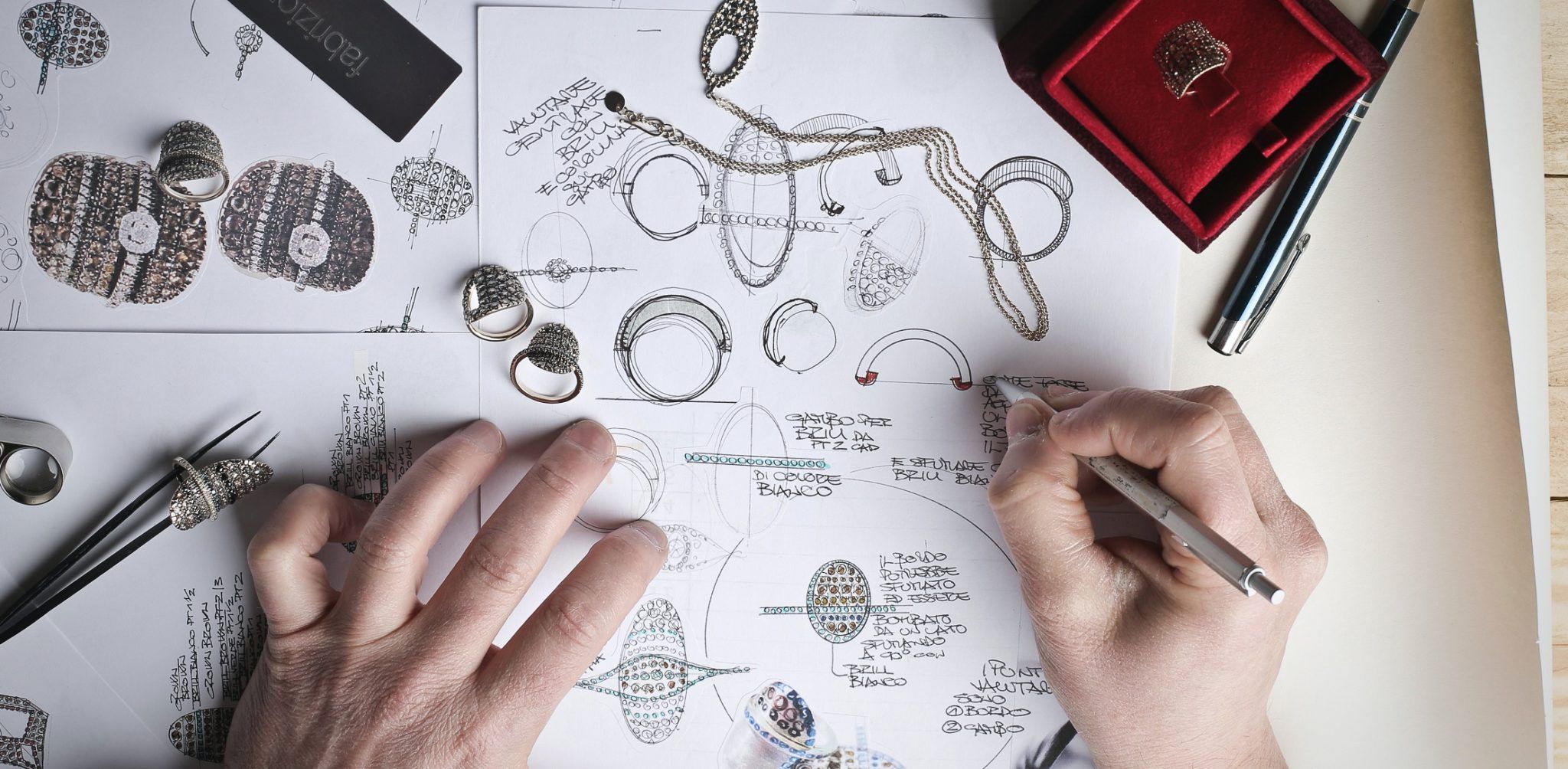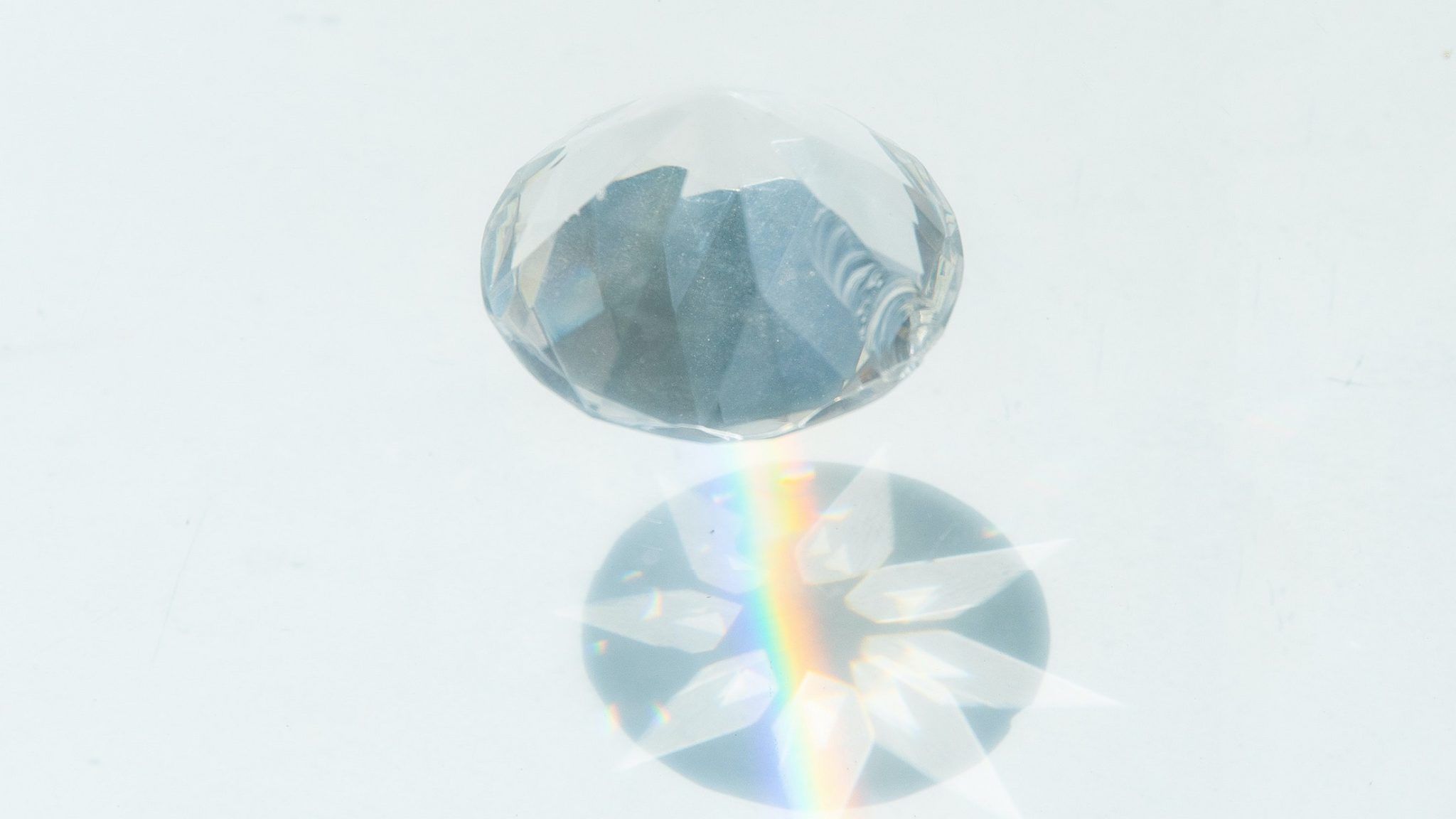Innovation – a silver lining

In their forecast of ‘trends that will define 2021 and beyond’, McKinsey and Company foresee a wave of innovation and product launches coming about as a result of the challenges faced in 2020. According to the consulting firm, every downturn sees weak competitors go under while the strong come out stronger, and the deciding factor is resilience, defined as “the ability not only to absorb shocks but to use them to build competitive advantage.”
Giordana Giordini, President of the gold and jewellery division at Confindustria Toscana Sud and partner at Italian jewellery brand Giordini describes this characteristic to a tee;
“We went ahead with our ideas, new products and new strategies. We drastically reduced those expenses that could be cut while keeping costs linked to design and the study of new product projects intact. For example, finding the machinery to industrialize the process and apply strategies. We need to focus more and more on product quality because that will be what the final consumer demands.”

While her business priority during this phase has been the physical creation of new hi-tech jewellery lines, because “people will be more careful about what they buy”, Giordana recognises the importance of digital development in the current climate. Speaking to VO+, Italy’s leading International jewellery publication, she explains; “The new generations are not shy about buying on-line at all, even expensive items, and we must face the future with a different mentality.”
This next-gen mindset has been the driver behind a raft of online jewellery platforms launching at the height of the pandemic, when store closures undoubtedly increased the appeal of click-to-buy concepts. One such example is Finematter, an online retailer that offers primarily independent jewellery designers a cross-continental reach, envisioning itself as a “destination that’s bigger than the buying intention itself”.
With prices ranging from USD 100 to 16,000, the site stocks a range of established and unknown brands and delivers to customers across Britain, Europe and soon the USA. Cult designer Gaia Repossi who has been quick to supply the platform explains; “If we don’t participate in new projects like this, then we become irrelevant.”

According to Euromonitor, online sales of fine jewellery increased 8% year on year in 2020, despite total sales declining 20% worldwide during the same period. As we move into the next normal, McKinsey agree that digitization will be central to growth, spanning “everything from online customer service to remote working to supply-chain reinvention to AI and machine learning.”
Following a year in which Pandora, the world’s largest jewellery brand saw a fifth of its stores close, online too became its silver lining. The company’s 2020 digital sales more than doubled compared to 2019, and its Q2 online revenue surpassed physical retail sales for the first time in the company’s history.
Pandora is forging ahead with investments in shopping assistants, virtual try-ons and online appointment booking systems, but proving that not all innovation branches from cyberspace, their most radical shift during this period so far has been towards 100% lab grown diamonds. This supply chain management U-turn is described as “testament to our ongoing and ambitious sustainability agenda” as younger consumers continue to rank these factors highly in their decision-making process when purchasing jewellery.

Pandora’s boldest move to date has sent ripples through the industry, with some praising its progressive strategy while others felt the need to speak out in defence of gems made the natural way. During this time of adjustment, what seems clear is that diverse but equally radical transitions will only escalate as more companies jostle to cater to one of the biggest mindset shifts in decades. And while no one knows what’s around the corner, staying flexible and responsive to myriad changes in demand has never been more important.
